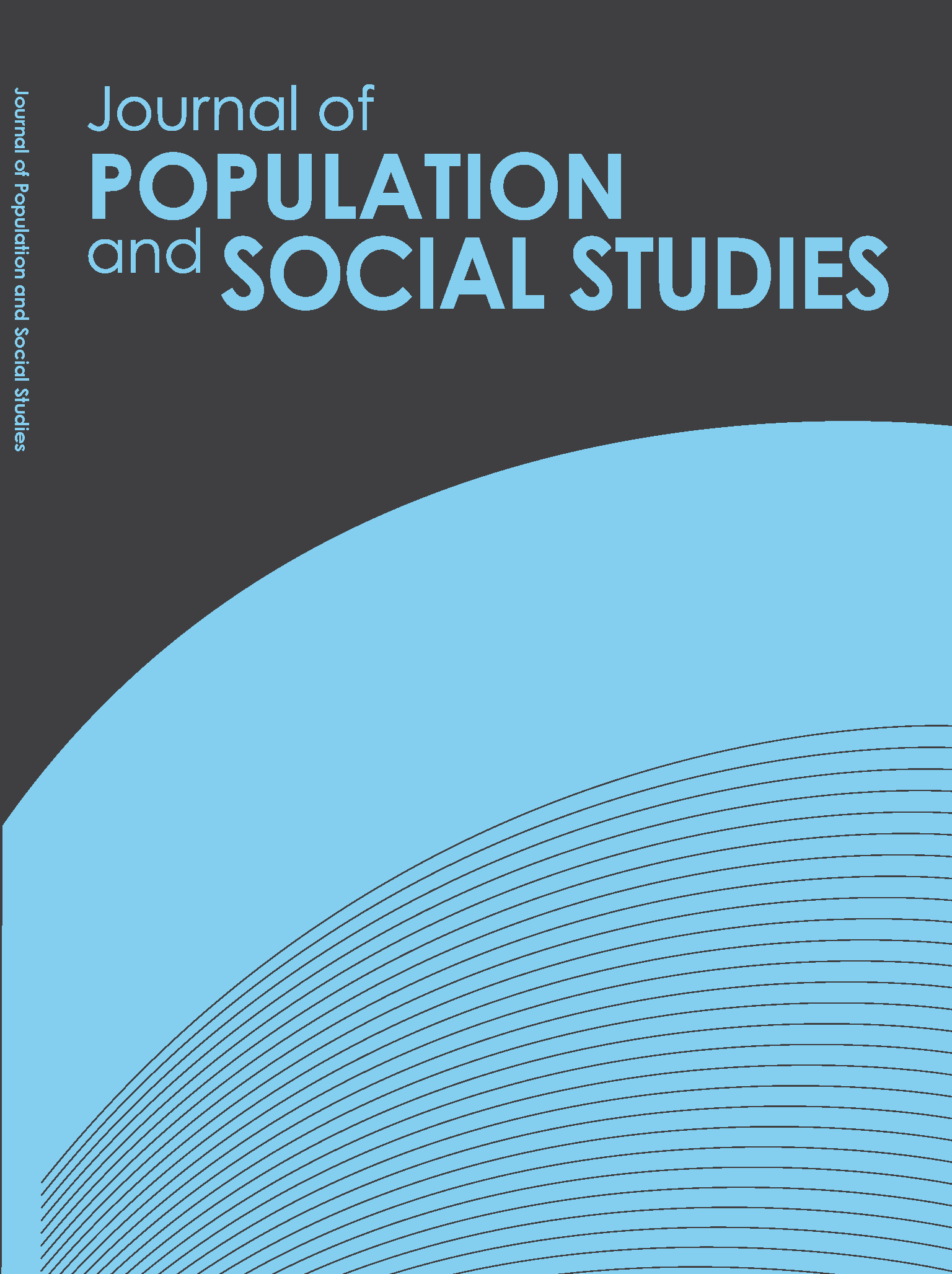Understanding Contraception Use among Muslims of India, Pakistan and Bangladesh
Main Article Content
Abstract
Within social demography, religion is frequently cited as an important factor forming the basis of one's identity. Various religious doctrines are expected to differconsiderably with respect to their pro-natalist slant and acceptability of contraception and abortion. Values and practices placed on a list of demographic parameters could have intended and unintended effects on the demographic performances of a particular religious community. A great deal of attention has been focused on the influence of
Islam on reproductive choices because high levels of fertility characterize the majority of Muslim communities. However, Muslims across the globe are not behaving in a similar fashion. Keeping this view in mind, the present paper examines the attitude of Muslim women towards the adoption of contraceptives in three neighboring countries namely India, Pakistan and Bangladesh. National Family Health Survey (1998-99) data
for India and Demographic Health Survey data for Pakistan-1992-93 and Bangladesh-1993-94 are used to carry out the study. It is clear from our analyses that the religious component of prohibition against contraceptives is not that high in Bangladesh as it is in Pakistan and also to some extent in India. Hence the goodwill of authorities in framing the policies may work in achieving the desired demographic goals, defying the conservative religious dictation.
Islam on reproductive choices because high levels of fertility characterize the majority of Muslim communities. However, Muslims across the globe are not behaving in a similar fashion. Keeping this view in mind, the present paper examines the attitude of Muslim women towards the adoption of contraceptives in three neighboring countries namely India, Pakistan and Bangladesh. National Family Health Survey (1998-99) data
for India and Demographic Health Survey data for Pakistan-1992-93 and Bangladesh-1993-94 are used to carry out the study. It is clear from our analyses that the religious component of prohibition against contraceptives is not that high in Bangladesh as it is in Pakistan and also to some extent in India. Hence the goodwill of authorities in framing the policies may work in achieving the desired demographic goals, defying the conservative religious dictation.
Article Details
How to Cite
Ram, U., Dwivedi, L., & Goswami, B. (2007). Understanding Contraception Use among Muslims of India, Pakistan and Bangladesh. Journal of Population and Social Studies [JPSS], 15(2), 101–130. retrieved from https://so03.tci-thaijo.org/index.php/jpss/article/view/84589
Section
Research Articles


